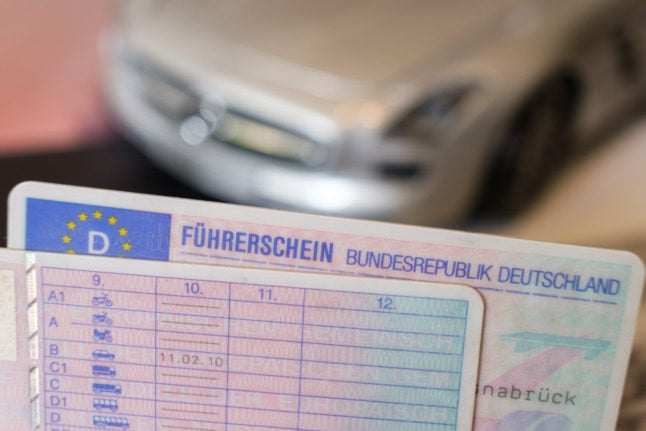Sabine Langer, from Düsseldorf in North Rhine-Westphalia, had to complete five different stages to earn the unofficial title of “German parking champion”, which won her a trip to see the Monaco Formula 1 Grand Prix.
The tasks included squeezing a nearly nine-metre-long limousine into a parking bay, blind parking and also mastering the horizontal gear shift famously used in a Citroen 2CV, as well as parking a rickety old three-wheeler.
But no space was too small and no car too tricky for Langer, who said on Monday that she put it all down to practise. “As an industrial clerk I drive a lot and often have to park in tiny bays, which I see as a challenge,” she said.
The hardest part was parking an articulated lorry, said Langer. For that round, “women had to wear platform shoes and men high heels,” she added.
Langer, a blonde, was quick to defend other fair-haired female drivers. “There are men who say that a woman winning the parking championships would not be possible,” she said, clearly proving the opposite.
By way of advice, Langer could only recommend practising. “Just try it out, and when a gap is too small, pull out.”
The championship was sponsored by the insurance comparison website Transparo and was held at the ADAC training centre in Landshut, in Bavaria. Contestants were nominated via Facebook and car enthusiast blogs.
DPA/The Local/jcw



 Please whitelist us to continue reading.
Please whitelist us to continue reading.
Member comments